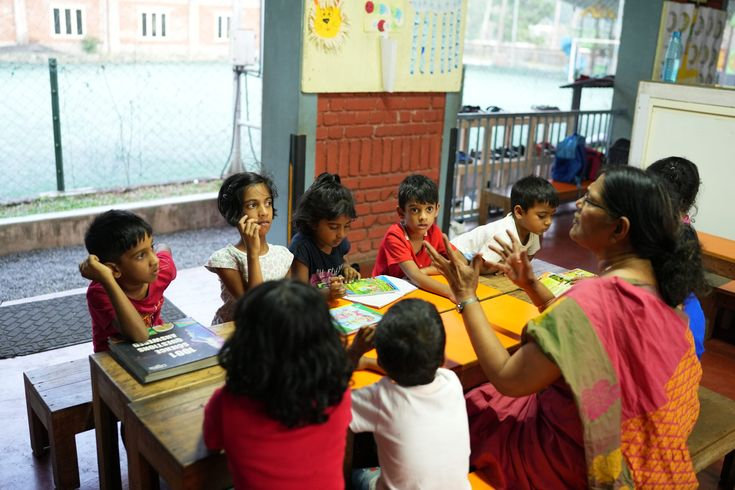A child’s earliest years are full of wonder. Every experience is new. Every moment shapes how they see the world. That’s why the foundation built during this time matters so much. It’s not about cramming facts or teaching them everything at once. It’s about giving them space to grow, think, and discover in a safe and nurturing environment. Preschool offers exactly that—a strong start that ripples into future success.
Early Curiosity Sets the Stage
Children are naturally curious. They want to know how things work, why the sky is blue, and what happens if they mix colors together. These questions are the seeds of learning. In the early years, giving them tools to explore their curiosity leads to confidence and problem-solving. It’s not just about teaching answers—it’s about encouraging questions. When kids learn that their ideas matter, they grow into thinkers. That’s the real beginning of education.
The Role of Preschool in Emotional Development
Preschool is a structured learning environment designed for young children, usually between ages three and five. But it’s not just about learning numbers or letters. Emotional growth is just as important. Through group play, storytelling, and gentle guidance, children begin to understand feelings. They learn how to express themselves and recognize emotions in others. This sets a tone for empathy and cooperation later in life. By the time they leave preschool, kids are better equipped to navigate both school and relationships.
Preschool Builds Social Confidence
A big part of learning in preschool is learning how to be with others. Sharing toys, waiting for turns, and playing in groups are all part of the day. These activities might seem small, but they build huge life skills. Children become more independent and start to see themselves as part of a community. They get used to routines, rules, and expectations—all of which help prepare them for the structure of school. And in the end, these moments give them a sense of belonging that strengthens self-worth. That’s one of the hidden powers of preschool.
Learning Through Play in the Preschool Setting
Preschool, by design, blends learning with play. It’s where kids paint with their fingers, stack blocks, sing songs, and act out stories. Behind every playful moment, there’s a lesson. Sorting colored blocks teaches early math. Rhyming games support reading skills. Dramatic play builds imagination and communication.
Preschool Encourages Language and Communication
The preschool environment encourages kids to use their voices. Whether through storytelling, singing, or simple conversation, children are constantly exposed to words. Teachers model clear language, ask open-ended questions, and celebrate effort. Over time, kids expand their vocabulary and grow more confident expressing ideas. Language becomes not just a tool for communication but a bridge to learning. In preschool, every conversation is a chance to grow.
Strong Foundations Lead to Lifelong Learning
The first few years of learning shape how children approach knowledge for the rest of their lives. A child who feels supported, heard, and encouraged is more likely to stay curious and motivated. Preschool lays this foundation. It builds habits like listening, focusing, and following directions. These habits don’t just help in kindergarten—they follow children through high school and beyond. A strong start creates lifelong learners.
Conclusion
Building a strong foundation through preschool learning is more than preparing for school—it’s preparing for life. These early years are when children form ideas about themselves and the world. They build confidence, develop friendships, and begin their journey as learners. Preschool may only last a couple of years, but its impact echoes far into the future.
